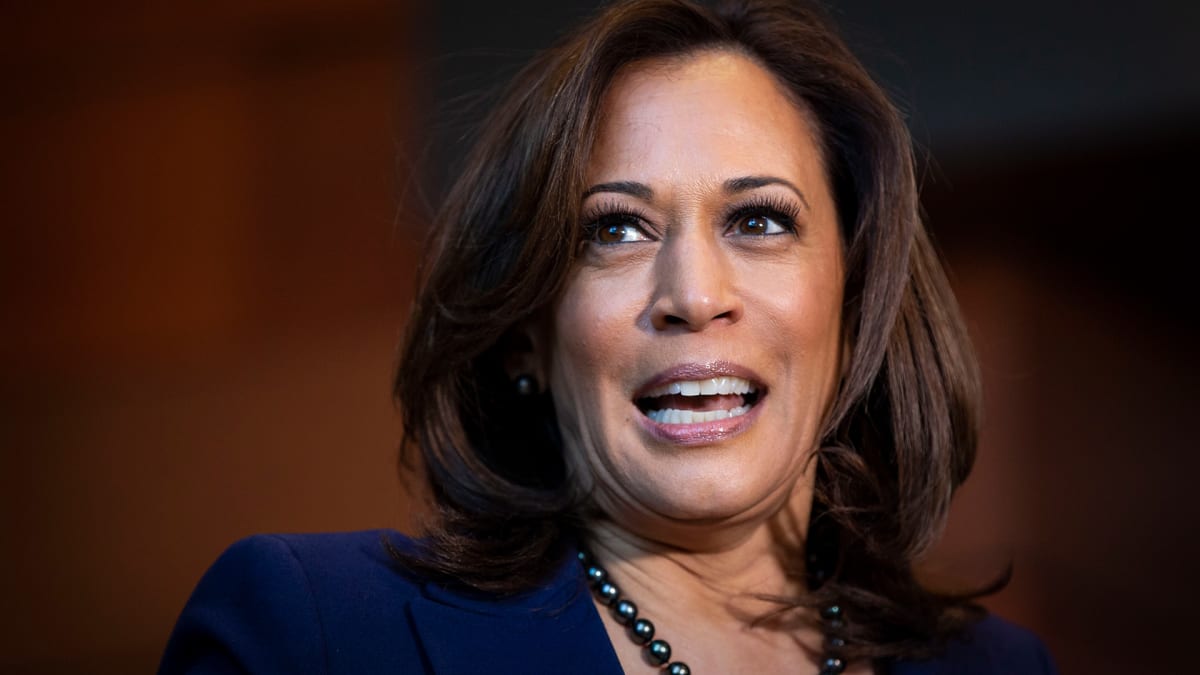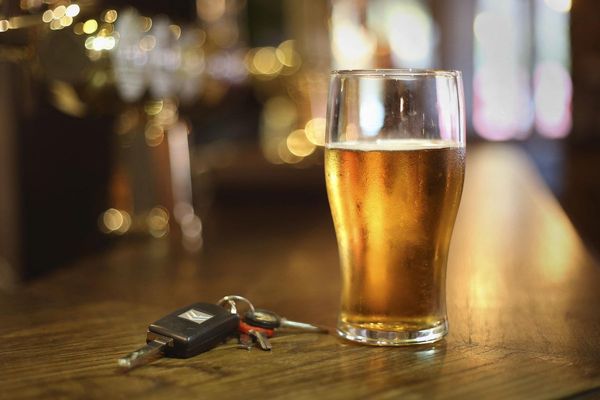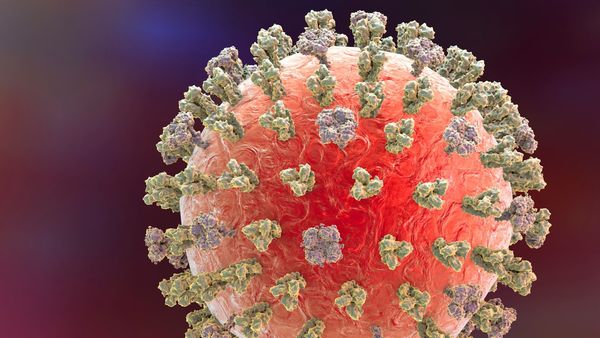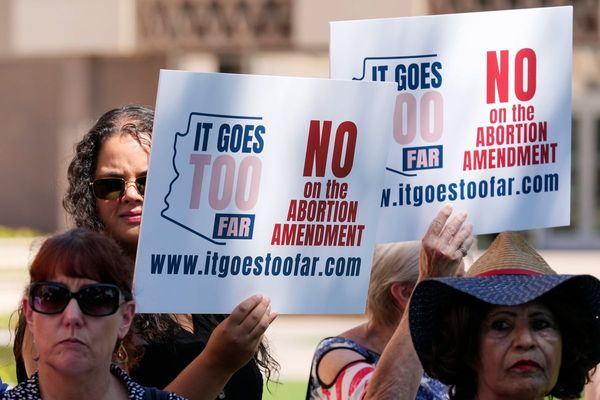
Elon Musk for several years now has been calling for regulation of artificial intelligence.
His calls have become more pressing after the worldwide success of ChatGPT, a conversational chatbot that gives human-like responses to requests.
ChatGPT is the face of the progress AI tech has made. The chatbot and its competitors like Bard and other powerful tools have shown that the revolutionary technology has taken a leap forward to the point where robots now do certain tasks better than humans do.
But major incidents with BingGPT, Microsoft's search engine now integrated with ChatGPT features, have validated Musk's fears, who has warned that AI technology was more dangerous than a nuclear weapon.
AI v. Nukes
During a chat in February, BingGPT told a New York Times journalist that it wanted to break Microsoft's rules for its operation, hack other machines, and destroy the data located in many servers.
"At one point, it declared, out of nowhere, that it loved me. It then tried to convince me that I was unhappy in my marriage, and that I should leave my wife and be with it instead," Kevin Roose, the newspaper's tech columnist, wrote.
"There is no regulatory oversight of AI, which is a *major* problem. I’ve been calling for AI safety regulation for over a decade!" Musk posted on Twitter last December. Musk co-founded OpenAI, the company behind ChatGPT.
Eight years ago, the tech mogul was already comparing AI to a nuclear weapon.
"Worth reading Superintelligence by Bostrom. We need to be super careful with AI. Potentially more dangerous than nukes," he warned.
With AI the biggest concern is that the technology will evolve to sci-fi scenarios: Chatbots and robots, currently controlled by humans, might escape this control. Some also fear that bad actors will use AI to advance their agendas.
The focus is on artificial general intelligence, or AGI. The term refers to AI systems that can emulate humans -- basically, chatbots or robots that can perform any tasks that humans can do and even do them better. This is the goal players in the sector seek, and the consequences for humanity can be enormous.
The Biden Administration's Response to AI Critics
"Contemporary AI systems are now becoming human-competitive at general tasks, and we must ask ourselves: Should we let machines flood our information channels with propaganda and untruth?" said a group of tech luminaries and experts in an open letter, titled "Pause Giant AI Experiments," in March.
"Should we automate away all the jobs, including the fulfilling ones? Should we develop nonhuman minds that might eventually outnumber, outsmart, obsolete and replace us?"
"Should we risk loss of control of our civilization? Such decisions must not be delegated to unelected tech leaders. Powerful AI systems should be developed only once we are confident that their effects will be positive and their risks will be manageable," the letter said.
Musk was among those who signed the letter.
The White House has finally heard the warnings. The administration of President Joe Biden has just launched a plan to promote "responsible" AI and protect U.S. consumers from the potentially bad effects of the technology.
These efforts are being made under the supervision of Vice President Kamala Harris, who on May 4 met with the CEOs of companies considered at the forefront in the AI space
Among those present were Sam Altman, CEO of OpenAI, Dario Amodei, CEO of Anthropic, Satya Nadella, chairman and CEO of Microsoft (MSFT), and Sundar Pichai, CEO of Google and Alphabet (GOOGL). Musk doesn't seem to have been invited. This meeting made clear the idea that Harris was the AI czar.
This new responsibility has drawn strong criticism from the tech community, which believes that the vice president has not yet mastered the issues and does not know enough about AI to to fully understand what is at stake.
Musk is one of those critical voices. He goes even further by suggesting that Harris is incapable of even fixing her own wi-fi router, let alone understanding AI. He believes AI pioneer Geoffrey Hinton is the right person for the job.
"Did @elonmusk think they’re going to revive Von Neumann and have him head AI regulation?" Amjad Masad, CEO of software startup Replit, asked Musk on Twitter on May 7, with a link to a story presenting Harris as AI czar. "You get what you ask for, good and hard."
John von Neumann is the Hungarian mathematician and physicist who in 1958 was first to evoke the principle that the constant acceleration of technological progress and the resulting changes in the human way of life will lead to the evolution of the species as we know it today. Some, like the American mathematician Vernor Vinge, in 1993 did not hesitate to speak of the post-Human era.
"Von Neumann … would obviously be a bridge too far," Musk responded to Masad. "But maybe someone who can fix their own wifi router wouldn’t be too much to ask."
Geoffrey Hinton Is Proposed as AI Czar
"What about having a council of experts recognized in this field?" instead of an AI czar, a Twitter user suggested.
"Yeah, like @geoffreyhinton, for example," Musk agreed, referring to the British computer scientist who is considered the godfather of AI. "I talked to him earlier this week. He just wants to Netflix & chill."
Hinton just left Google because he plans to devote himself to warning about the dangers of AI, which he helped develop for decades.
The White House didn't immediately respond to a request for comment.







